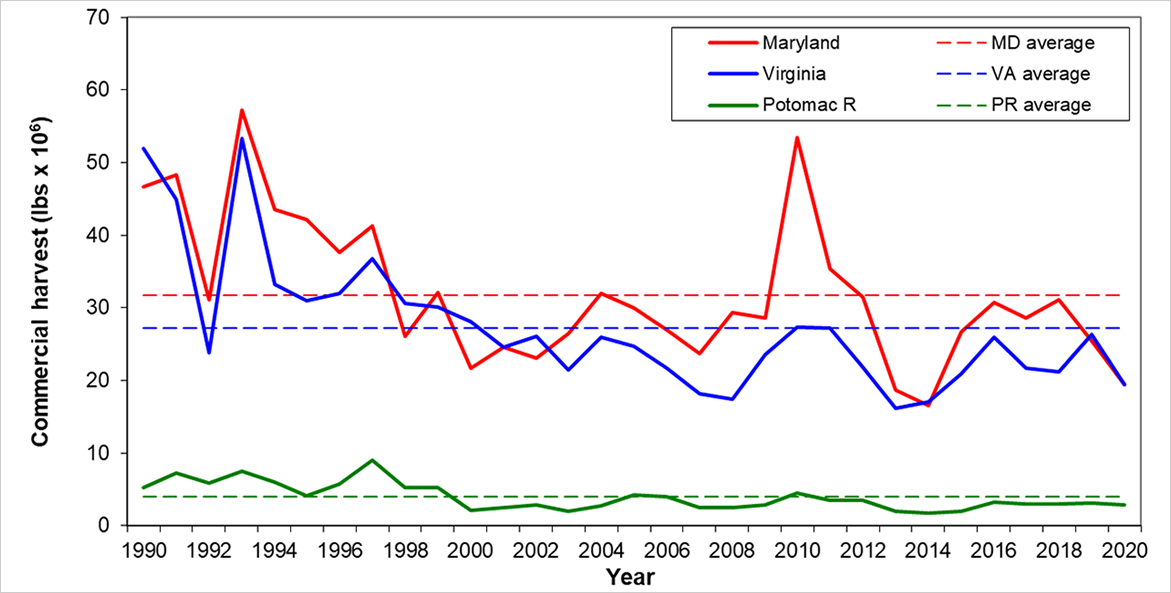
However, many modern salmon fisheries are struggling to provide sustainable social, economic, and ecological benefits for example, in Canada, the number of commercial licenses has decreased, catches have crashed, and many salmon populations face conservation risks (Price et al. This transformation fundamentally altered the scales, methods, and locations of salmon harvesting, stripping rights and jurisdiction from Indigenous people and beginning a struggle for access and governance authority that continues to this day (Higgs 1982, Newell 1993, Harris 2001). In Canada and the United States, Indigenous management of Pacific salmon was painfully and intentionally disrupted beginning in the mid-nineteenth century and replaced by colonial government authority. These systems were rooted in traditional laws, cultural and spiritual beliefs, and management practices that promoted sustained abundance and access to wild salmon by limiting the risks of overharvest and population collapse (Swezey and Heizer 1977, Harris 2001, Haggan et al. Indigenous management systems promoted the sustained productivity of precolonial salmon fisheries, which likely rivaled early colonial commercial fisheries in their scale (e.g., Craig and Hacker 1940, Glavin 1996, Meengs and Lackey 2005).

Resource management systems are the sum of the social and cultural processes that encode norms for the use of natural resources, and the technologies and understandings that underpin management actions (Lertzman 2009). 2000, Turner and Berkes 2006, Menzies and Butler 2007). 2011, Ritchie and Angelbeck 2020) with deliberate and well-honed systems of salmon management (Carpenter et al. Archaeological and ethnographic evidence points to long-term intensive use of salmon (Campbell and Butler 2010, Cannon et al. Indigenous peoples of the Northern Pacific Rim have harvested salmon for subsistence and livelihoods for more than 10,000 years (Cannon and Yang 2006, Muckle 2007). Pacific salmon ( Oncorhynchus spp.) form the foundation of social–ecological systems encompassing communities from California to Kamchatka and Northern Japan (Yoshiyama 1999, Muckle 2007, Tabarev 2011). 2016, Kitasoo/Xai'xais First Nation 2018). The knowledge and legal jurisdiction of Indigenous communities has also benefited conservation and recovery of species ranging from grizzly bears ( Ursus arctos horribilis) to Dungeness crabs ( Metacarcinus magister e.g., Service et al.

2018), and Indigenous-managed lands have similarly high vertebrate biodiversity to parks and protected areas (Schuster et al. For example, Indigenous peoples manage more than 40% of Earth's ecologically intact landscapes (Garnett et al. There is growing recognition that the ecological knowledge and stewardship practices of Indigenous peoples can offer pathways for effective and socially just conservation and resource management (Turner and Berkes 2006, Polfus et al. In an era of escalating anthropogenic threats to global biodiversity, there is a need to understand the diversity of human–nature relationships and identify stewardship practices and knowledge that can foster resilient social–ecological systems (Bennett et al. We suggest that revitalizing traditional systems of salmon management can improve prospects for sustainable fisheries and healthy fishing communities and identify opportunities for their resurgence.

Contrasting Indigenous systems with contemporary management, we document vulnerabilities of colonial governance and harvest management that have contributed to declining salmon fisheries in many locations.

These systems and practices showcase pathways for sustained productivity and resilience in contemporary salmon fisheries. We review Indigenous management of salmon, including selective fishing technologies, harvest practices, and governance grounded in multigenerational place-based knowledge. Colonization radically altered these social–ecological systems, disrupting Indigenous management, consolidating authority within colonial governments, and moving most harvest into mixed-stock fisheries. Through generations of interdependence with salmon, Indigenous Peoples developed sophisticated systems of management involving cultural and spiritual beliefs, and stewardship practices. Pacific salmon (Oncorhynchus spp.) are at the center of social–ecological systems that have supported Indigenous peoples around the North Pacific Rim since time immemorial.


 0 kommentar(er)
0 kommentar(er)
